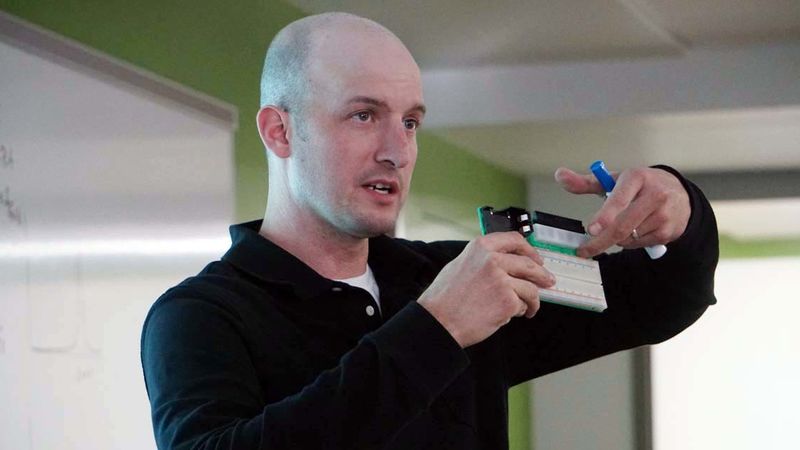Electric vehicle prominence focus of Penn State Hazleton engineering professor's research
Associate Professor of Engineering Will Yourey is researching ways to improve the techniques used to make lithium-ion batteries and faster ways to recharge them - two important hurdles in getting more electric vehicles on the road.


